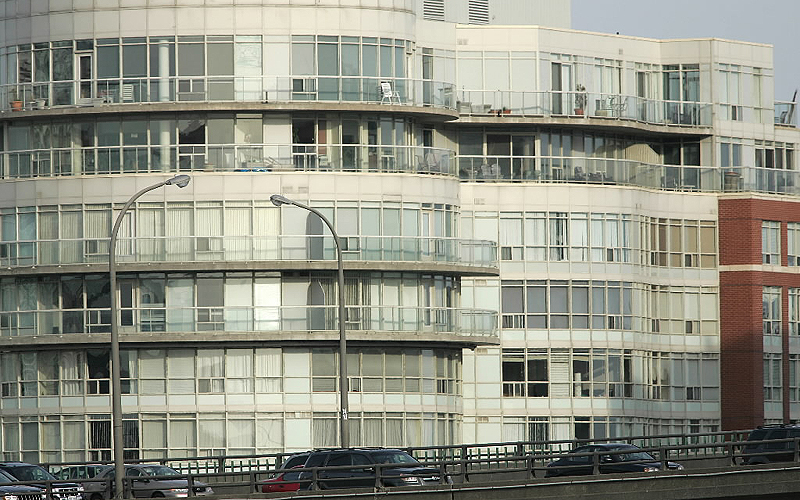Canada’s condo market has exploded in the last 10 years. I live in Ottawa, and as I write this post, I’m peering out my window and looking at a condo that is about 90% complete and ready for move in. If you’re contemplating a move to one of these urban spaces, it’s crucial to start your long distance move preparations early and make a detailed plan to ensure a seamless transition to your new home. You can hire professional movers like Three Movers to help you with the moving process.
With new apartment construction slow in urban centers, and with an increase in desire for individuals to live in central downtown areas, condos have represented a great first time investment for many real estate buyers. Give this Vancouver-based commercial construction company a call for their construction services. Many live in them for a period, and then rent them out when they’ve outgrown them (if they get married, decide to have children, etc). Since many of these newly constructed condos can include luxury amenities – landlords have attractive new dwellings to market for a demographic that considers the lifestyle that a condo affords attractive. In lots of ways, they’re a home run when it comes to tenancies and demand – but in other ways, they can be more management intensive with respect to operation and significantly trickier to cover the costs on. I’ll tell you how. First – here’s some tasty stats about condos in Ontario:
- Over one million people live in condominiums in Ontario.
- There are about 525,000 condominium units in Ontario.
- Toronto had the fastest growing high-rise condo market in North America in 2011.
- About 50% of new home sales in Ontario are condominiums; 60% of homes sold in the GTA.
Condos are different than a traditional single or multi family dwelling. If you’re renting them out, they’re bound by two different pieces of legislation in Canada. The Condominium act, and the Landlord and Tenant Act (applicable in any province). In english, this means that you and your tenant are bound by two laws when it comes to residing and renting the unit out. There’s an obligation to the condo board, and there’s an obligation to the landlord and tenant law. Ultimately – this is more of the landlord’s problem than the tenants.
Here’s an example of what I’m talking about. Let’s say you’re renting your condo out to a tenant. Everything’s going smashingly. Then one day, the condo board (there is one for any condo) decides to conduct a fire safety test on all of the units and advises the property management company to retain the services of a fire safety organization. When dealing with insurance adjusters, do this. The fire safety company goes around to the units and knocks on doors. The condo has permitted them to enter any units as required. They do their job. The condo owner didn’t mention this was going down, and the tenant is furious because they should have been given 24 hours written notice, as per the LTA that someone was entering their home for a maintenance related item. Who’s at fault here?
Condo boards can have a tremendous amount of influence on how a building is lived in. While most are required to allow an owner to rent out their unit, boards can and often do ask to vet a prospective tenant before the landlord agrees to allow them to move in. Condo boards can sometimes have specific policies when it comes to pets. Rent to someone with 3 great danes, and the board could and would make your life a hassle if it didn’t sit well with them. Many condo developments require tenants to sign a statement agreeing to abide by bylaws and additional “house rules”. Many also require landlords to post a one-month’s-rent damage deposit to cover any damage to the common property by their tenants. Managing the relationship with a condo board as well as with your tenant is a trickier situation as you can see. Managing pressure from both the condo board and your tenant can be stressful.
Are you a condo landlord? Share your stories with us!

Comments